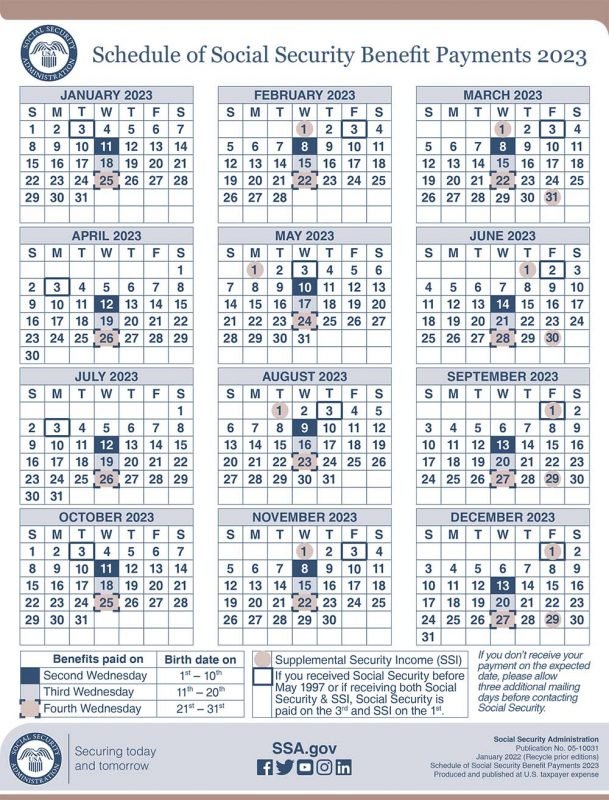Social Security disability benefits are vital for those who are unable to work due to a disability.
However, not all disability retirees are aware of the new payments they may be eligible for. It is crucial to understand which disabilities qualify for these additional benefits.
In this article, we will explore the different types of disabilities that may make retirees eligible for new Social Security payments.
1. Cardiovascular Conditions:
Individuals with cardiovascular conditions, such as heart failure, coronary artery disease, or peripheral artery disease, may be eligible for new Social Security payments.
These conditions can significantly impact an individual’s ability to work and may qualify them for additional benefits under the Social Security disability program.
2. Musculoskeletal Disorders:
Musculoskeletal disorders, such as arthritis, back injuries, or joint disorders, can also make retirees eligible for new Social Security payments.
These conditions can limit an individual’s mobility and ability to perform work-related tasks, making it difficult for them to maintain gainful employment.
3. Respiratory Disorders:
Respiratory disorders, such as chronic obstructive pulmonary disease (COPD), asthma, or cystic fibrosis, may qualify retirees for new Social Security payments.
These conditions can severely impact an individual’s ability to breathe and may prevent them from engaging in physical activities required for certain jobs.
4. Mental Health Conditions:
Mental health conditions, including depression, anxiety, or PTSD, can also make retirees eligible for new Social Security payments.
These conditions can significantly impact an individual’s ability to function in a work environment and may require ongoing treatment and support.
5. Neurological Disorders:

Neurological disorders, such as epilepsy, multiple sclerosis, or Parkinson’s disease, may qualify retirees for new Social Security payments.
These conditions can cause a range of physical and cognitive impairments that may limit an individual’s ability to work.
Conclusion:
It is important for disability retirees to be aware of the new Social Security payments they may be eligible for based on their specific disability.
By understanding which types of disabilities may qualify for additional benefits, retirees can ensure they are receiving the support they need to meet their financial needs.
If you believe you may qualify for new Social Security payments based on your disability, we recommend reaching out to a Social Security representative for more information and guidance.

